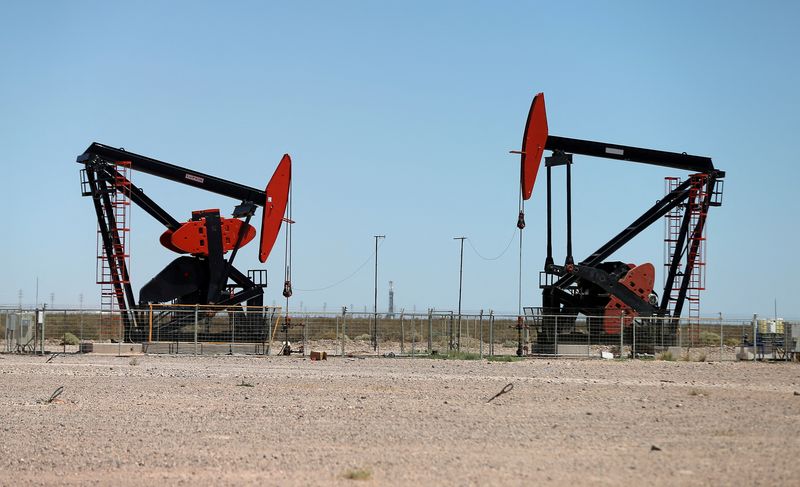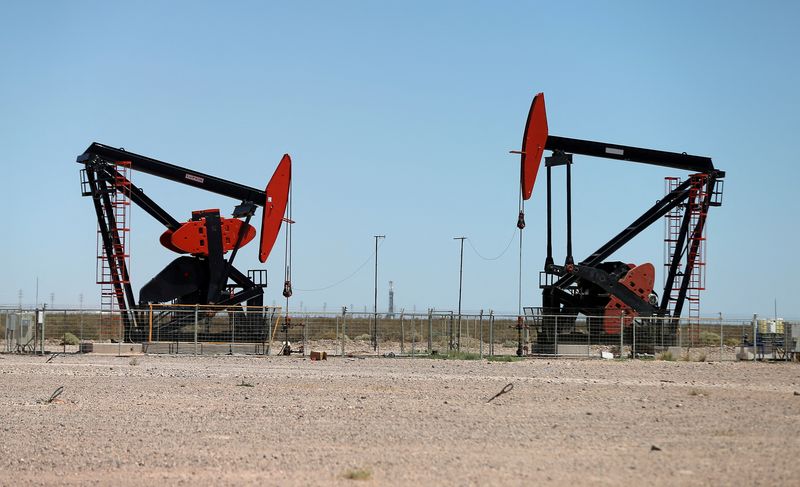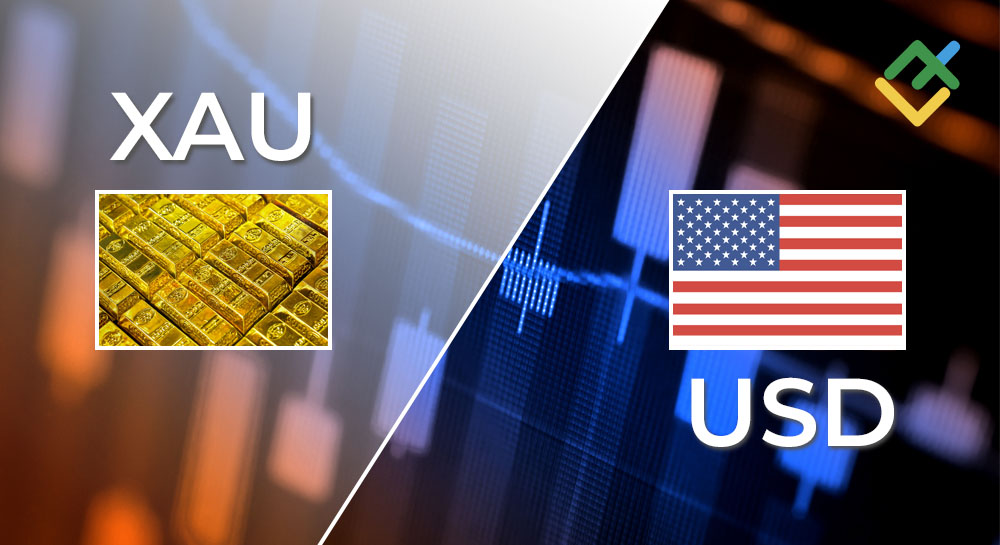
LONDON (Reuters) – Oil prices fell on Wednesday after industry data showed U.S. crude inventories swelled more than expected, though crude futures were still up about 3% this week as traders factored in continuing conflict in the Middle East.
Brent crude futures dropped 73 cents, or 1%, to $75.31 a barrel by 0917 GMT. U.S. West Texas Intermediate crude futures shed 74 cents, also 1%, to $71.00 a barrel.
Oil had settled higher in the previous two sessions, paring the previous week’s losses of more than 7%. Those declines stemmed from worries about Chinese demand and some easing concerns around Middle East oil supply being disrupted.
Wednesday’s price drop came after data showed U.S. crude stocks rose by 1.64 million barrels last week, according to market sources citing American Petroleum Institute figures on Tuesday. Analysts polled by Reuters had expected an increase of 300,000 barrels.
Official U.S. government oil inventory data is due on Wednesday at 10:30 a.m. EDT (1430 GMT).
But the inventories impact on prices was countered by stubborn concerns over potential risk to oil supply from conflict in the Middle East.
“The market continues to wait for Israel’s response to Iran’s missile attack,” ING analysts said on Wednesday, adding that Tuesday’s price strength was possibly because of the lack of any outcome from U.S. Secretary of State Antony Blinken’s latest visit to Israel.
Blinken held “extended conversations” with Israeli Prime Minister Benjamin Netanyahu and senior Israeli leaders, urging them to ensure more humanitarian aid arrives in Gaza, a senior State Department official said.

Israel on Tuesday also confirmed it had killed Hashem Safieddine, the heir apparent to late Hezbollah leader Hassan Nasrallah, who was killed last month in an Israeli attack targeting the Iran-backed Lebanese militant group.
“Market participants priced for the Middle East conflict to drag for longer, with a ceasefire deal potentially seeing some gridlock,” said IG market strategist Yeap Jun Rong.
This post is originally published on INVESTING.




